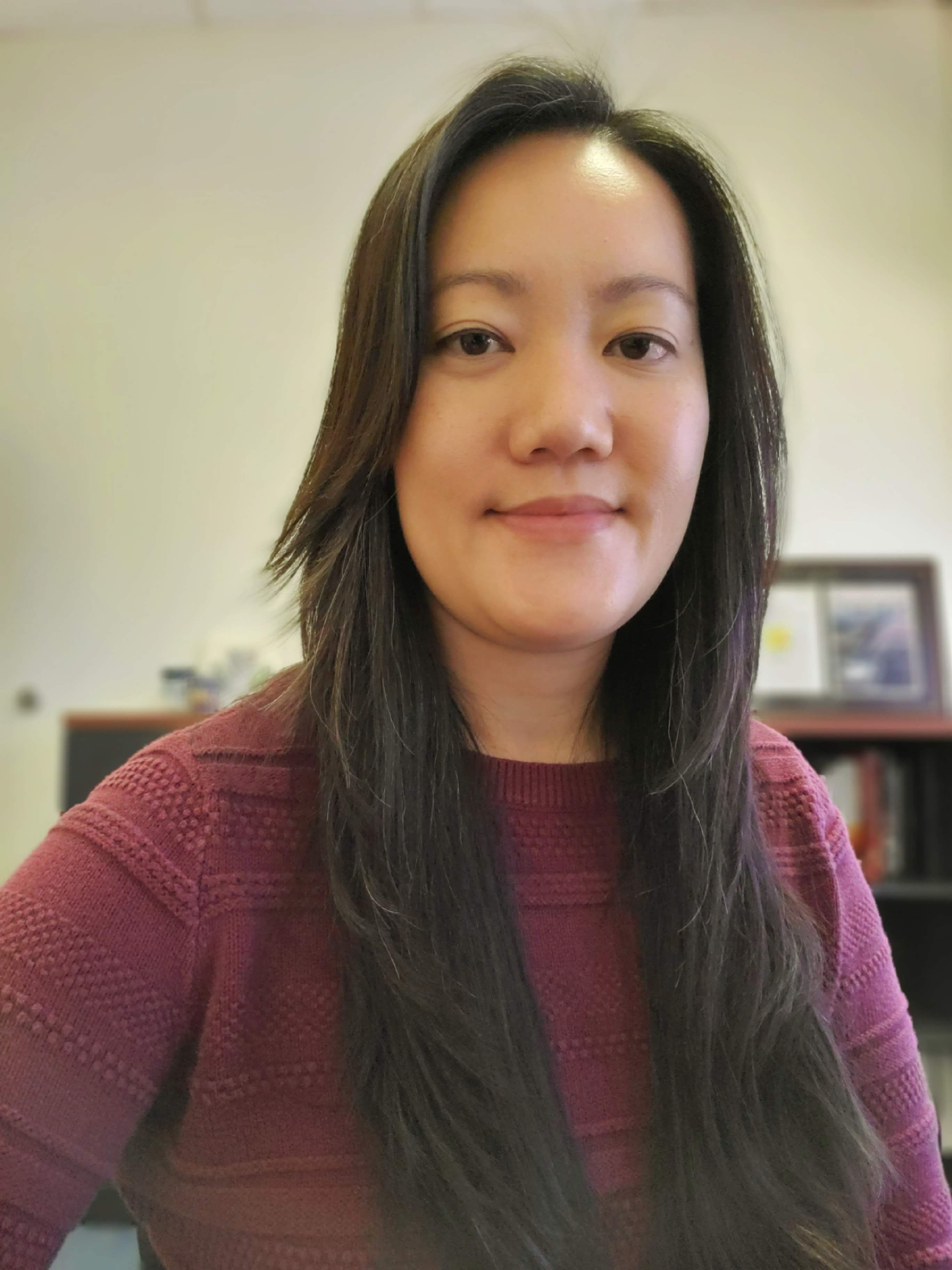-

Scott Letendre, MD
STAHR Program Director
Professor of Medicine (Infectious Disease) and Psychiatry in Residence at the University of California, San Diego who performs translational, patient-oriented research of the central nervous system complications of chronic infections, including HIV, HCV, and CMV. As part of a multidisciplinary research team, he conducts interventional trials focused on the prevention and treatment of neurocognitive and mood disorders as well as studies of the pharmacokinetics of antiretrovirals, the effects of comorbidities and substance abuse, and biomarker correlates of disease. Dr. Letendre is also former Chair of the Neurology Collaborative Science Group of the AIDS Clinical Trials Group and founding co-chair of the International Workshop on HIV & Aging. -

Erin Sundermann, PhD
STAHR Program Co-Director
Dr. Sundermann is a cognitive neuroscientist in the Department of Psychiatry at UC San Diego. Her graduate training started at UCSD in a Psychology Master's program where she conducted research focused on olfactory function as an early indicator of incipient dementia. She then went on to the University of Illinois at Chicago for her doctoral degree in cognitive neuroscience and a postdoctoral fellowship at Albert Einstein College of Medicine in NYC. During her doctoral training, her research program with Dr. Pauline Maki focused on estrogen-related genetic polymorphisms and their association with cognition and brain function in healthy populations and women with HIV. She was fortunate enough to have her doctoral work funded by a Scholar's Grant from the Mount Sinai Institute of NeuroAIDS Disparities (MSINAID) which also involved six weeks of didactic training in NeuroAIDS disparities in NYC. In her postdoc position, Dr. Sundermann worked with the Einstein Aging Study in the investigation of biomarkers and risk factors for cognitive aging and dementia, particularly sex-specific and genetic risk factors.Dr. Sundermann is an Associate Professor at UCSD. Currently, her research program has two major themes: (1) characterizing sex differences in the trajectory diagnosis, risk factors and biomakers of Alzheimer's disease and (2) investigating the manifestation of Alzheimer's disease in the context of HIV. Along with her colleagues at the HIV Neurobehavioral Research Center, she is part of a project that aims to develop empirical, neuropsychological methods to discriminate HIV-infected individuals that are on the AD trajectory from those with HIV-associated neurocognitive impairment. -

David Moore, PhD
STAHR Program Co-Director
Professor of Psychiatry, UCSD. Dr. Moore is a licensed clinical psychologist with specialized training in neuropsychology and interventions research. Dr. Moore’s HIV research has been funded by NIMH, NIDA, NIA and the California HIV/AIDS Research Program. In recognition of his research, mentoring, and service efforts for individuals living with HIV/AIDS, the American Psychological Association (APA) awarded him the 2013 Psychology and AIDS Emerging Leader Award. His research focuses on the neuropsychological and everyday functioning challenges of persons aging with HIV infection. Recently, he has been examining the protective factors that allow persons to successfully age with HIV as well as factors that may help us distinguish Alzheimer’s Disease from HIV-Associated Neurocognitive Disorders. Dr. Moore is a member of the ACTG’s Neurology Collaborative Science Group and a participating faculty member in the SD CFAR Health Equity Core.
-

Sara Gianella Weibel, MD
Dr. Gianella is a physician specialized in infectious disease and a researcher in the area of translational virology, molecular biology, and immunology. Her primary research focus is on the transmission dynamics and persistence of HIV in various anatomic compartments (genital and central nervous system), and interactions with co-infecting viruses, especially cytomegalovirus. She is also investigating clinical complications related to persistent immune activation during treated HIV-infection and sex/gender-differences in HIV pathogenesis. Her work involves bioinformatics to characterize viral evolution during and after HIV transmission and viral dynamics between anatomic compartments.Dr. Gianella is an active member of the ACTG Women's Health Inter-Network Scientific Committee, the Comorbidity Transformative Science Group as well as the Underrepresented Populations Committee. She is the director of the Center for AIDS Research (CFAR) Translational Virology (TV) Core as well as the Neuro Virology and Biology Core of the HIV Neuro-behavioral Research Center (HNRC). -

Mariana Cherner, PhD
Dr. Cherner is a Professor of Psychiatry at UCSD and a faculty member in the SDSU/UCSD Joint Doctoral Program in Clinical Psychology. She directs the Interdisciplinary Research Fellowship in NeuroAIDS (IRFN) and is an investigator within the HIV Neurobehavioral Research Program (HNRP). Her research focuses on neurobehavioral correlates of HIV in the context of substance use, particularly on individual differences in vulnerability to methamphetamine-related brain dysfunction, and more recently, CNS effects at the intersection of HIV and cannabis. She is also very interested in culturally competent neuropsychological assessment, with a focus on Spanish speakers and HIV in resource-limited settings. Dr. Cherner is substantially involved in research mentoring and mentor training. -

Raeanne Moore, PhD
Associate Professor of Psychiatry, UCSD. Dr. Moore’s research focuses on innovative digital health technologies to improve assessment of daily, cognitive, and emotional functioning among older adults with chronic medical problems (e.g., HIV) and serious mental illness (e.g., schizophrenia, bipolar disorder). Dr. Moore’s research is focused around three broad themes: 1) Creating new tools for digital brain research; 2) Using technology for remote patient monitoring and improving treatment outcomes; and 3) Developing mobile cognitive training interventions.Dr. Moore is an investigator at the HIV Neurobehavioral Research Program (HNRP), faculty member in the SDSU/UCSD Joint Doctoral Program in Clinical Neuropsychology, and on the Board of Directors of UCSD’s Mental Health Technology Center (MHTech). -

Annie Nguyen, PhD
Dr. Nguyen is an Associate Professor at UC San Diego Herbert Wertheim School of Public Health & Human Longevity Science. Dr. Nguyen's broad research interests are in factors and interventions that promote resilient and positive aging, particularly in the context of living with chronic conditions. A large body of her work lies at the intersection of HIV and aging. Some of her current projects focus on 1) resilience and optimism among older adults living with HIV and 2) community reentry for older adults leaving prison. She favors qualitative and mixed methods in her work and leans heavily on community-based approaches.
